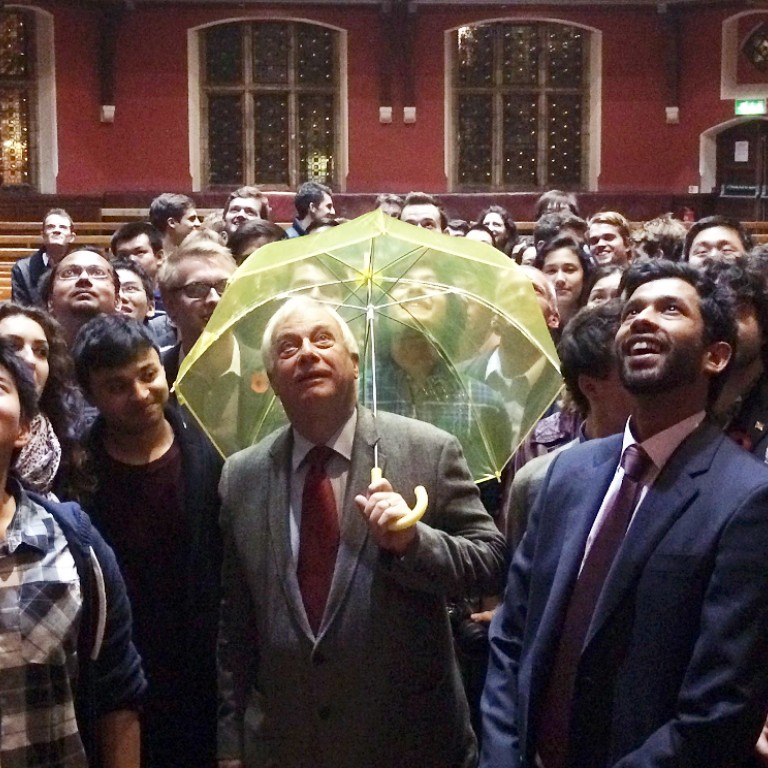
China was very much against democracy in Hong Kong even before handover, says Chris Patten
Former governor Chris Patten says that even before the handover, Beijing was resistant to granting Hong Kong universal suffrage
It is "complete nonsense" to suggest that China "always wanted democracy" for Hong Kong, as it appeared "resistant to any form of democracy" even before the 1997 handover, former Hong Kong governor Chris Patten told a US commission.
Patten, a British peer, was responding to a congressman's question on whether Beijing seemed willing to allow democracy in Hong Kong before it resumed sovereignty over the city.
"The Chinese were very much against this moving to greater democracy … because they thought it might lead people in Hong Kong to think they will eventually be independent like, say, Singapore," he said. "So it's complete nonsense to suggest that China always wanted democracy for Hong Kong."
During his tenure, Patten's attempts to increase democracy by allowing more Hongkongers to vote for lawmakers in functional constituencies led Beijing's Hong Kong affairs chief, Lu Ping , to dub him a "sinner of the ages".
Addressing a hearing of the US Congressional-Executive Commission on China via video conference in London, Patten said he "did think that the Chinese would keep their word … and that democracy would inevitably develop", yet it was not until recently that Hongkongers were given "the sort of democratic election … understood in Iran".
He was referring to Beijing's decision on August 31 that while Hong Kong could elect its leader by "one man, one vote" in 2017, only two or three candidates backed by half of a 1,200-strong nominating committee's members could run.
That restrictive framework, which effectively allows Beijing to vet candidates, played a key role in triggering the Occupy Central protests in September.
A government spokesman said it was "a plainly incorrect reading of the Basic Law to suggest, as Lord Patten did, that the National People's Congress Standing Committee has no role to play in the constitutional development of Hong Kong".
He said foreign governments should not interfere in Hong Kong's constitutional development, which was an "internal matter" for the city and China.
"The one and only basis for Hong Kong's constitutional development is the Basic Law, not the [Sino-British] Joint Declaration," he said.
Patten called for countries such as the US to develop a relationship with China "based on principle and national interests" because sole emphasis on an economic relationship might encourage China to "behave badly".
"It is ridiculous to suggest that any attempt to stand up for our values … means risking economic damage and our relationship with China," he said. "It's in a way encouraging China to behave badly."
Patten believed that the central and local governments might be reluctant to back down for "a third time" after shelving national security legislation and the national education curriculum in 2003 and 2012, respectively.
He was "extremely sorry" to see officials failing to show statesmanship and enter into a proper dialogue with the students involved in Occupy, he said.
The government spokesman responded that officials "have been engaging in dialogues with various sectors of the community … with a view to forging a consensus to bring forward the constitutional process to attain universal suffrage".
As the Occupy movement drags on, Patten also urged students to "be prepared" to continue their fight for democracy "in other ways".
"The government hasn't even done the bare minimum … [but] it doesn't mean you have lost," he said. "I think I would, for the time being, drop down at least a few notches with this campaign."
Foreign ministry spokesman Hong Lei said yesterday that the Chinese government "firmly opposed any foreign government, organisation or individual interfering in Hong Kong affairs and destroying its stability with whatever excuse".


